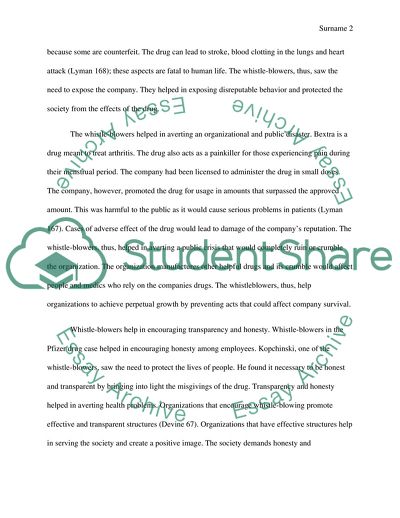Cite this document
(Whistle Blowing (Human Resource Management) Term Paper, n.d.)
Whistle Blowing (Human Resource Management) Term Paper. https://studentshare.org/human-resources/1851377-whistle-blowing-human-resource-management
Whistle Blowing (Human Resource Management) Term Paper. https://studentshare.org/human-resources/1851377-whistle-blowing-human-resource-management
(Whistle Blowing (Human Resource Management) Term Paper)
Whistle Blowing (Human Resource Management) Term Paper. https://studentshare.org/human-resources/1851377-whistle-blowing-human-resource-management.
Whistle Blowing (Human Resource Management) Term Paper. https://studentshare.org/human-resources/1851377-whistle-blowing-human-resource-management.
“Whistle Blowing (Human Resource Management) Term Paper”. https://studentshare.org/human-resources/1851377-whistle-blowing-human-resource-management.


